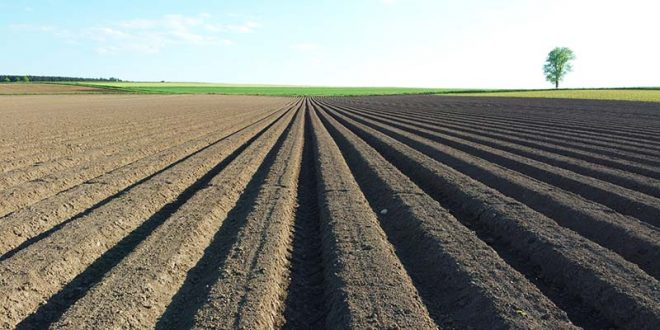One of the world’s largest manufacturers of frozen potato products, McCain, has recently committed to ensuring that every potato grown across its 370,000 acres worldwide is done so using regenerative agricultural practices by 2030. McCain’s new commitment will see potatoes grown in a way that protects soil health and quality, while utilizing natural processes to prevent plant diseases and improve crop resiliency against climate-induced severe weather events.
By allowing the soil to recover and different crops to grow, regenerative plots also sequester carbon. Given that the agri-food sector accounts for more than one-fifth of global annual emissions, allowing soil to recover and different crops to grow and sequester carbon is a key mechanism in the mission to reach net-zero.
“The pandemic has put a spotlight squarely on the precarious nature of our global food system,” McCain’s chief executive Max Koeune said. “But the largest challenges we face are related to climate change. It’s estimated that a quarter of man-made carbon emissions come from the production of food, and if we have to grow more food to feed more people, that will only intensify. If we don’t transform the way we grow food, the whole system is at risk of suffering irreparable damage.”
The new commitment was unveiled as part of the company’s latest sustainability report, which details progress towards reducing carbon emissions from farming, storage and freight by 25% by 2030 and halving operational emissions by 50% by 2030.
McCain revealed that absolute carbon emissions were reduced by 6% last year, alongside a 5% decrease in water use in water-stressed regions and a 5% increase in renewable electricity usage. The company has pledged to move to 100% renewables by 2030.
Other targets include sending zero waste to landfill, removing palm oil from all branded products, making all packaging recyclable, reusable or compostable and donating 200 million meals to global foodbanks, all by 2025.







